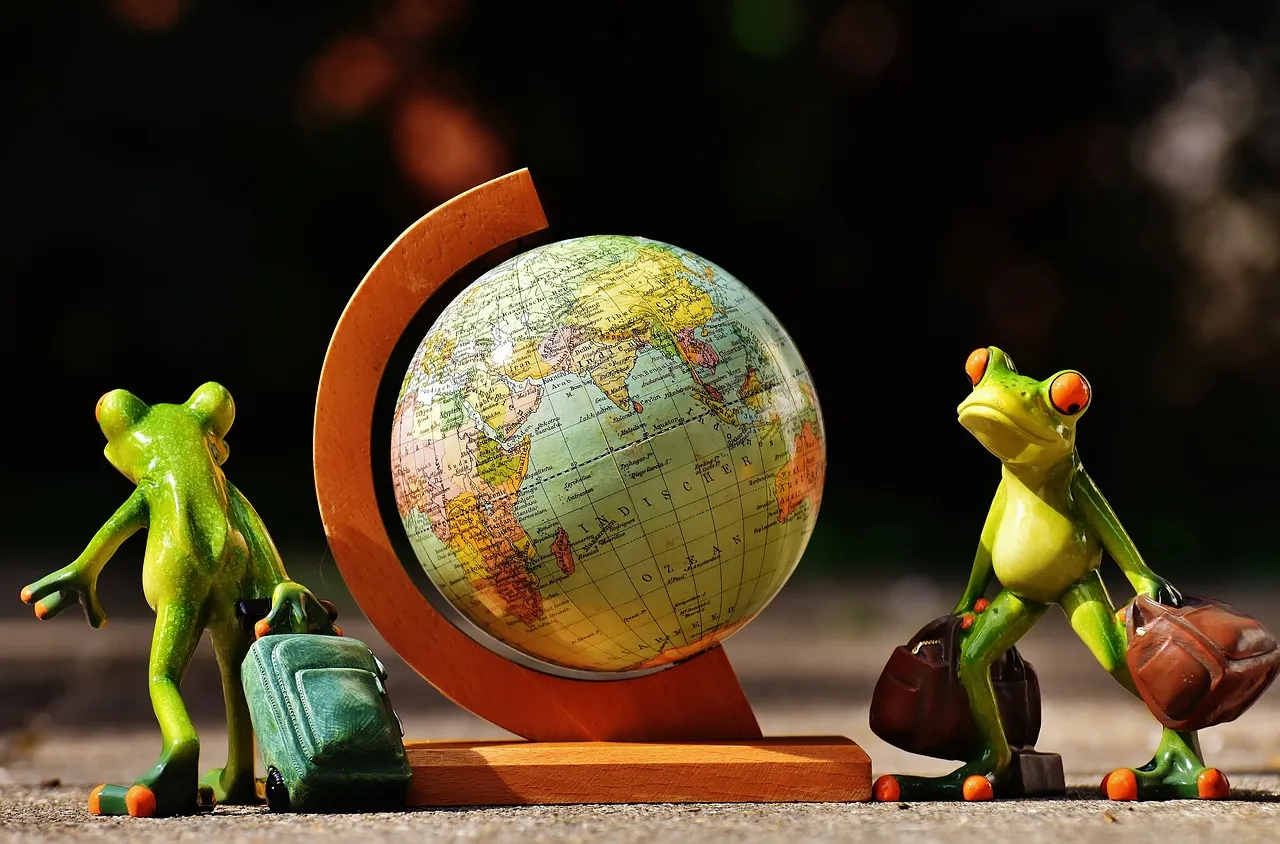
Alaska is a unique place to visit, as I found out a few years ago on my only trip to the state. The wildlife, land, glaciers, and culture were all different than other places I had been. As usual, my kids noticed different things than I did and came away with their own impressions. One of their favorite parts of the trip was meeting dogs that had run in the famous Iditarod dogsled trail race that is held every year between Anchorage and Nome, Alaska. We also got to meet their puppies. The kids wanted to take one home, which we didn’t. If they had their way, our house would be a zoo by now (and Dad would be stuck taking care of all the critters).
Of course, we could have gone anywhere and seen dogs, but that was what the kids remembered. Also on that trip, we attended a lecture by a woman who had competed in the Iditarod race, running her team of dogs in it for several years. I don’t remember much from the talk, since the kids were bored with it after 10 minutes, but the Iditarod queen delivered one quote that they remembered. She had been talking about Huskies, the main breeds used for sled dogs, and she said they are not the kind of dogs that can be confined up in a yard without more activity. “Lock up a Husky in your backyard and it’ll dig a hole halfway to China” was the line that the kids liked.
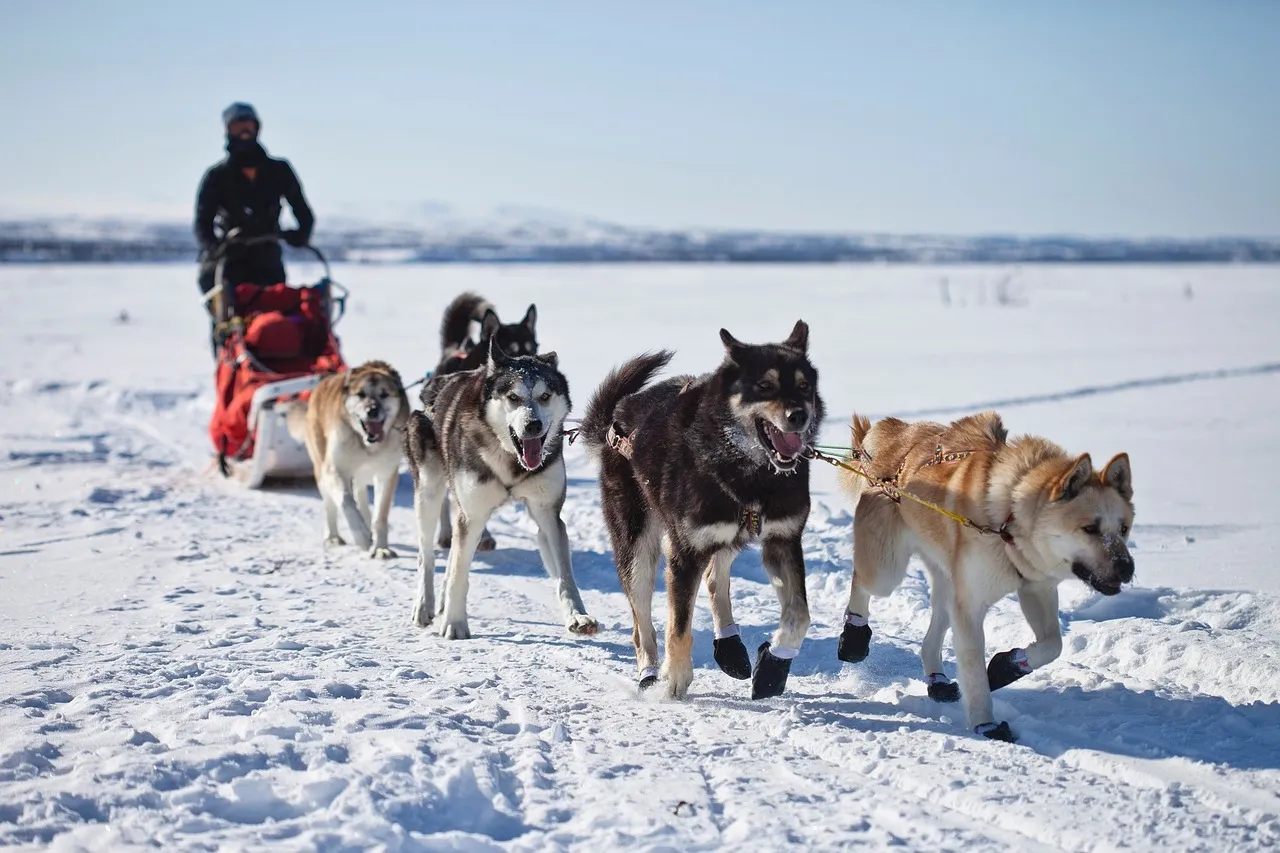
When I was a child, I heard similar expressions several times. There is a popular (mis)conception in the United States that China is on the opposite side of the world. But it isn’t nearly that far. If a North American could tunnel straight through a globe to the other side, the hole would emerge nowhere near China. (For the flat-earthers among us, stick a pin in your world you’ll hit the wall.)
So where would you come out on the other side of a globe?
As Above, So Below
Plato may have been the first to use the term “antipodes” to mean opposing points on any globe.
"For if there were any solid body in equipoise at the centre of the universe, there would be nothing to draw it to this extreme rather than to that, for they are all perfectly similar; and if a person were to go round the world in a circle, he would often, when standing at the antipodes of his former position, speak of the same point as above and below; for, as I was saying just now, to speak of the whole which is in the form of a globe as having one part above and another below is not like a sensible man." -- Plato (full credit appears below post)
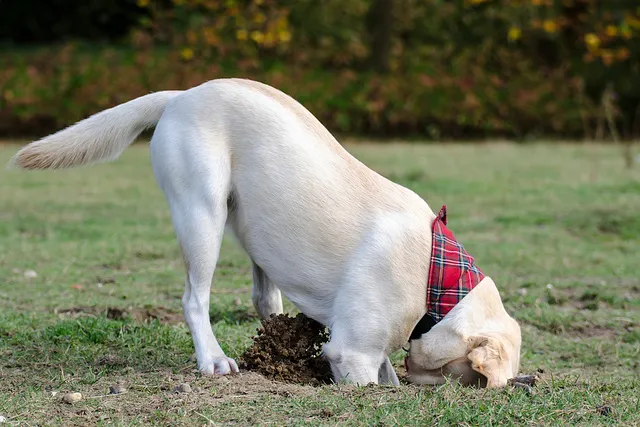
Digging for gold or the other side of the world. Photo: Creative Commons via Flickr by eselsmann.
You also might think that the place furthest from Alaska (which has some year-round glaciers) would be somewhere warm and tropical, a direct opposite. But that’s not the case, because when you think about it, a hole straight through the globe from a very northerly location will emerge at a very southerly location. Closer to a pole than to the equator, it is likely to be just as cold. Dig a hole from a spot on the equator and you won’t hit an iceberg; you’ll eventually reach another spot far on that same equator.
To find your location’s antipode on the map, you can enter the address at this site: https://www.antipodesmap.com/ . If you enter “Anchorage, Alaska”, for instance, the opposite point on the globe lies in the southern ocean, directly south of South Africa and close to Antarctica. Dig a hole straight through from Honolulu, Hawaii and you’ll end up near Ghanzi, Botswana. The antipode for Hong Kong is a spot near the border of Argentina and Bolivia. Lisbon, Portugal gets you within spitting distance of Auckland, New Zealand.
It’s a fun way to find a sister city. But since the earth is 2/3 water, it’s also very common for one’s antipode to be a spot in the middle of the ocean. If you dug a hole through the earth’s core and came out the other side under an ocean, would the water drain through the hole? Maybe I’ll ask my kids.
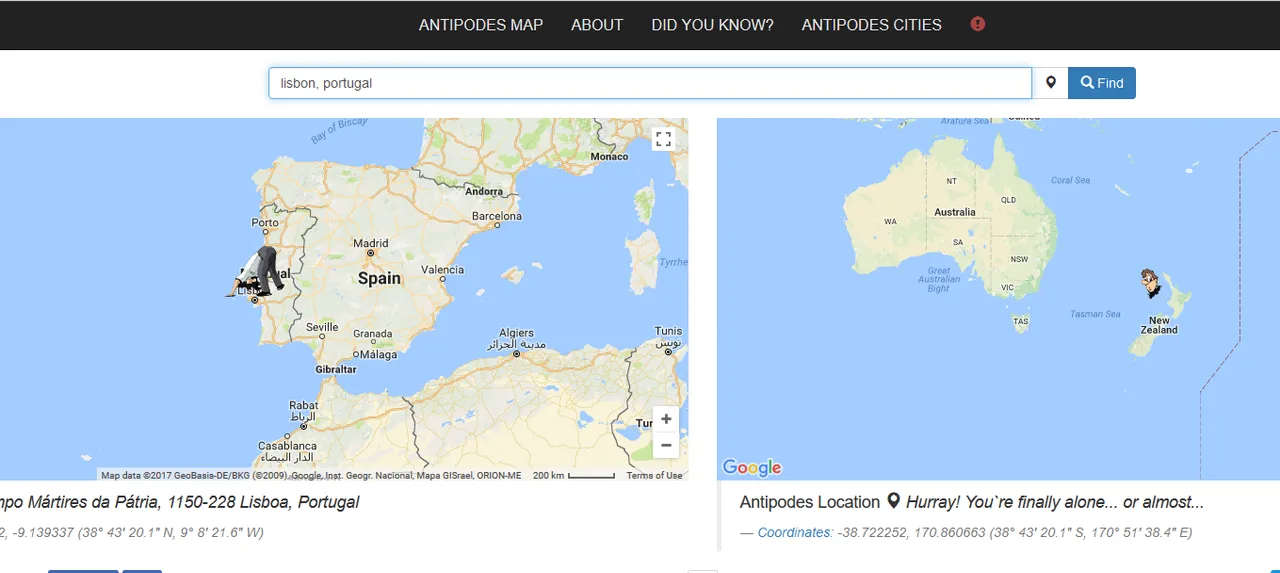
From the antipodes.com link above using Google Maps.
As Above, So Below?
Throughout history, humans have been fascinated with duality. Mirror images, identical twins and doppelgangers, and Newton’s Third Law of Motion testify that something eerily similar can appear in another place. But often, we’ve seen the tensions between opposing forces from two different points as well. Some of the Nineteenth Century philosophers (Hegel, Marx, Nietzsche) saw the struggle between opposing ideas or groups as a key to understanding the development of history or the human condition. And certainly, the good versus evil duality has been a dominant theme in religions and literature all across the world. Even modern day physicists tell us that parallel worlds can exist, and even if your carbon copy twin looks just the same there, he or she is living a different life.
There are numerous examples of symmetry in nature, but far more often, nature is too busy or curious to make an exact copy. Other natural forms, such as spirals and waves, are much more common and generally look more beautiful to the human eye. In fact, our brains are conditioned to expect organic differences in the things we see. Artists know this, which is why a mirror image in art is a rare thing and it usually doesn’t look quite right to us. Ask any painter, sculptor, or photographer: It is typical for artistic compositions to be somewhat asymmetrical and off-center. That’s how the world looks when we see it.
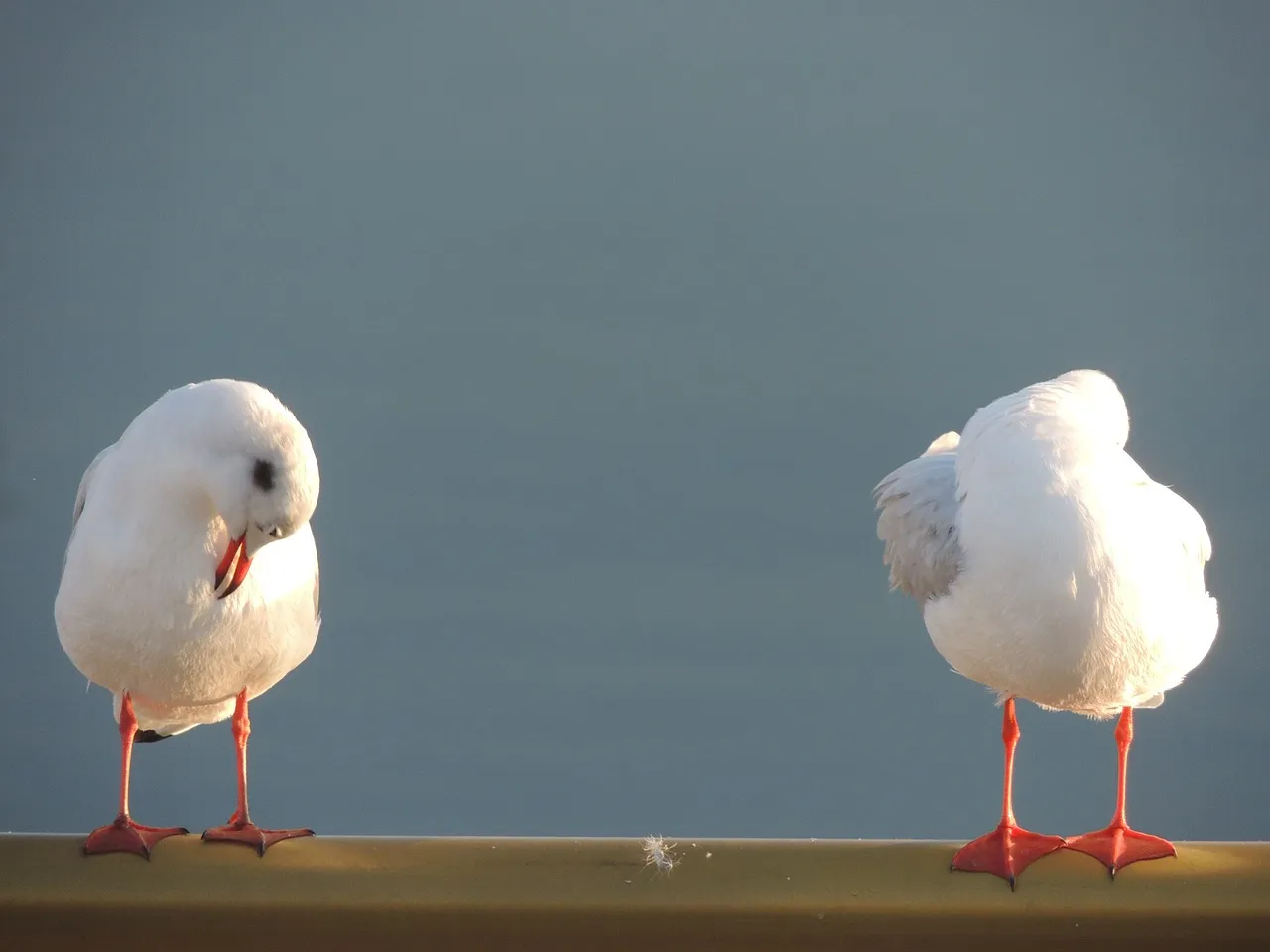
Opposites Attract
If I’ve left out any good clichés from this post, you’ll have to remind me of them. In the meantime, differing opposites seem like more fun to explore than mirror images. And so I will leave you with a few resources to do just that (see below).
From these sites, you can find opposite words, jobs, and personalities. Opposite words are known as antonyms and you probably know all about them, but this word generator is interesting to try out. The opposite jobs finder is limited in scope, but it can be rather entertaining. For example, if you input the job “writer” and select the closest result, then the job with the most different skill set is “mobile home installer”. So now I know what I’m planning to do for my next career change: I’ll become a mobile home installer in my next life.

Source: https://www. youtube. com/watch?v=bdj_uyxTPXk. Extra spaces inserted in address to prevent auto-embedding.. The video there is not relevant; I just stole the picture.
And if it’s true that opposites attract in terms of relationships, then here is a tool for finding what personality might be completely different from yours. I’ve never been convinced that different personalities attract one another, and that law of attraction may have as much to do with different physical appearances, but certainly most of us have seen examples of both.
Ignore the Patterns and the Noise
Our brains like to find patterns and try to make sense of information by organizing it in certain ways. That makes our memories imperfect and it also means that we desire to see patterns or correlations that may not really exist. If you doubt this, I recommend reading The Drunkard’s Walk by Leonard Mlotinow or The Signal and the Noise by Nate Silver. We want to make sense of the chaos and the noise, but often we try too hard to organize information and overanalyze when our views of it are not significant in the end.

And thus I will end this less significant exploration of significant matters. Sometimes it’s better to sit back, take a deep breath, and let things happen as they will. Go with the flow. And have some fun on the journey, wherever it takes you.
Fun links and references:
Opposite Word Finder: http://www.opposite-word.com/
Opposite Personality Finder: http://www.playbuzz.com/mirandar10/what-opposite-personality-do-you-attract
Opposite Job Finder: https://www.nytimes.com/interactive/2017/08/08/upshot/what-is-your-opposite-job.html?emc=edit_nn_20170809&nl=morning-briefing&nlid=75727655&te=1
Opposite Points on the Map Finder: https://www.antipodesmap.com/
Plato quote source: Plato, Timaeus 63a, translated by Benjamin Jowett, (Indianapolis: Bobbs Merrill, 1949), cited in https://en.wikipedia.org/wiki/Antipodes.
Mlotinow, Leonard. The Drunkard’s Walk: How Randomness Rules Our Lives, Vintage (2009).
Silver, Nate. The Signal and the Noise: Why So many Predictions Fail – And Some Don’t, Penguin (2015).
All images from Pixabay unless otherwise noted.